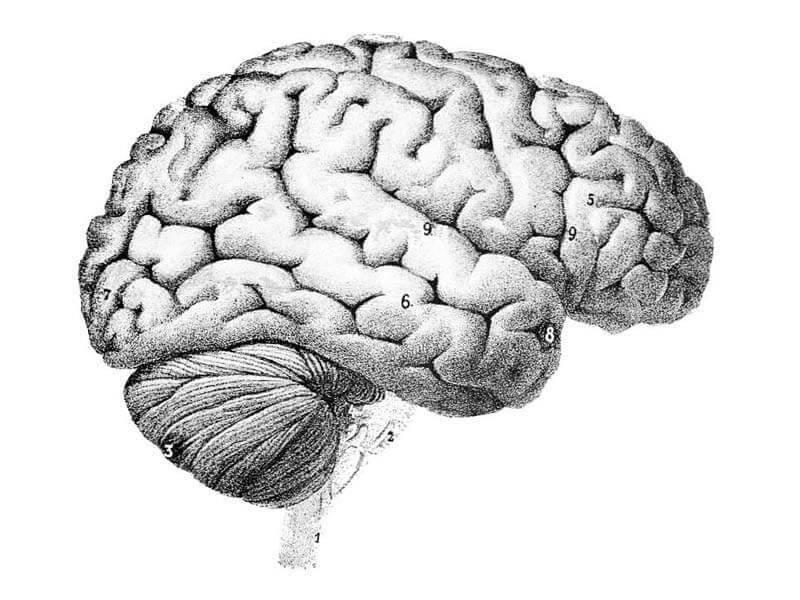The impact of mindfulness on the wellbeing and performance of educators: A systematic review of the empirical literature.
Work appears to be increasingly stressful in the United Kingdom, posing a risk to employees’ mental health. This claim is based upon the observation that although the prevalence of mental illness in the general UK population has not significantly increased in the last 20 years (Office for National Statistics, 2014), since 2009, the number of sick days lost to stress, depression, and anxiety has increased by 24%, while the number lost to serious mental illness has doubled (Davies, 2014). The annual report by Davies, the UK’s Chief Medical Officer, suggests that mental ill health is the leading cause of sickness absence in the United Kingdom, accounting for 70 million sick days (more than half of the 130 million sick days taken every year).
Before you continue you might like to consider our free worksheet on exploring “Meditation Guide”. Please download this worksheet here.
Given this context, there are ongoing efforts to develop initiatives to help people deal with the stresses of work, and to protect against or ameliorate work-related mental health issues. In recent years, among the most prominent are programme based on mindfulness meditation – mindfulness-based interventions (MBIs) – which is the focus of this review. The literature search was conducted by the first author using the MEDLINE and Scopus electronic databases. The criteria were mindfulness (AND) work OR occupation OR profession OR staff (in all fields in MEDLINE and limited to article title, abstract, and keywords in Scopus). The dates selected were from the start of the database records to 28 January 2016. In terms of participants, interventions, comparisons, outcomes, and study design, the key criteria were (1) participants – current employees of a company or organization; (2) interventions – for the purposes of this review, an MBI was defined as an intervention in which mindfulness meditation was the central component (as indicated by mindfulness either featuring in the title of the intervention or being given prominence in the abstract); (3) outcomes – mindfulness, well-being, and job performance (with well-being used here as an all-encompassing term, spanning physical, and mental health); and (4) study design – any empirical study featuring data collection.

Are you interested in improving well-being and performance through mindfulness techniques? Download our Meditation Guide Workbook for free here and explore how mindfulness can enhance your life and work environment!





